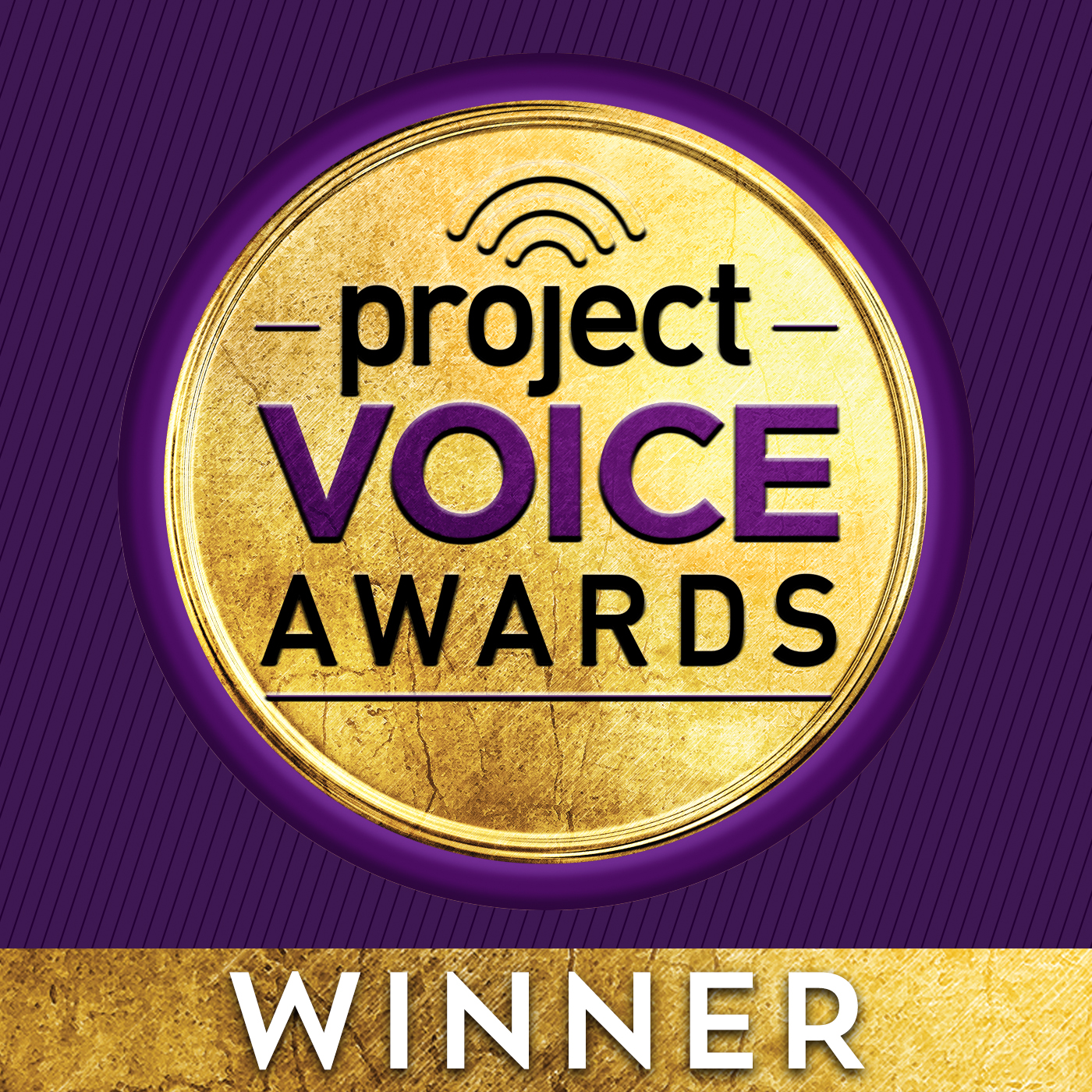
Key Takeaways from Project Voice 2020
I recently attended the Project Voice 2020 conference in Chattanooga, Tennessee. Over 3,000 attendees from nearly 20 countries—executives, marketers, developers, designers, you name it—were in attendance. The event allows AI folks to learn from each other, demonstrate progress, and sharpen our visions for the future of voice.
I’m proud to share that Orbita was awarded the Healthcare Voice Developer of the Year award. Not too shabby given the likes of other award winners such as Amazon, Google, NPR and Disney. Clearly, we’re making a mark in moving the needle forward to advance conversational AI in health.
We extend thanks to Bradley Metrock, the event’s founder who hosts the fast-growing This Week In Voice podcast. We enjoy attending these types of events – not only to meet with our peers, but also to contribute our perspectives to the ongoing conversation about “conversational AI!” Orbita President Nathan Treloar gave a compelling presentation on securing voice in healthcare with a focus on HIPAA-eligible voice assistants.
We look forward to our next big event next month. Nearly 50,000 attendees will come together in Orlando for HIMSS 2020, the annual event extravaganza from the Healthcare Information Management Systems Society. My colleague, Nick White, will be presenting his personal story on how he came to become so passionate about alarm fatigue challenges and the power of conversational AI to positively impact the patients and caregivers.
If you’d like to talk with us at HIMSS, please let us know!
In Orlando, we anticipate continued dialogue around hot topics at Project Voice. Here are my major takeaways on key themes from that event:
- Spirit of Collaboration
As someone who has been in the technology industry for over 20 years, I've attended more than my fair share of technology conferences. While the voice community might not be unique in its energy and excitement, the spirit of collaboration, cooperation and partnership is strong. Even industry giants like Google, Samsung, and Amazon are working together to create interoperability with the virtual assistants. They know that a positive user experience will keep people engaged with AI.
- Samsung
Feel bad for Bixby? Well, don’t. Amazon and Google may be leading the digital assistant race, but Samsung has promising ideas for how to differentiate itself. The vision presented by the Bixby team (during their Project Voice session titled Bixby Developer Sessions: Natural Language Driven Development), is "not to offer the world’s best virtual assistant, but to enable the world to create the best assistant."
This approach could certainly fill the gap that exists in the ecosystem where organizations look to provide their own virtual assistants. There’s a cloud sourcing play here as well, where Bixby can better leverage the collective intelligence of the world’s developers and content.
- Use-Cases Gain Traction
As we’ve said in the past, we’re poised for a“perfect storm” with regards to the adoption of voice as a primary modality. The technology is ready, the ecosystem is here, and the consumer demand for voice driven interfaces is strong.
We have the perfect storm for voice. @billcava #IDW2017 pic.twitter.com/SQ20GZST5Q
— Content Rules, Inc. (@contentrulesinc) November 29, 2017
However, until recently, it hasn’t been easy to showcase industries where there has been demonstrable traction beyond applications such as gaming and media consumption. As it relates to healthcare, Nate Treloar (Orbita President & COO) said during his presentation that use cases are clearly emerging. There are places for voice assistants across the patient journey, from the earliest stages (digital front door), through hospital stays, through post-discharge treatment. Nate said that 2018 was the year of the proof-of-concept, 2019 the year of the pilot, and 2020 will be the year of strategic projects.
From @ntreloar at @orbita_inc wrt #voicefirst and #digitalhealth applications “2018 was the year of the proof of concept. 2019 was the year of the pilot. 2020 will be the year of strategic projects” pic.twitter.com/krX8Od8EJ3
— Bill Cava (@billcava) January 14, 2020
In an interesting observation regarding use cases that have not yet gained traction — a presenter informally polled the audience asking for how many people are doing financial transactions using voice. I couldn’t see a single hand. Given that the room was filled with voice enthusiasts, that’s telling. However, the growing adoption of Bank of America’s ERICA (banking virtual assistant) indicates that it’s coming.
- Awards
Orbita is proud to have won Healthcare Voice Developer of the Year. Bradley Metrock, executive producer of Project Voice and host of This Week in Voice, said when presenting the awards, "All of these recipients showcase best-in-class achievement across the global voice technology community.”
Thank you #ProjectVoice for this incredible honor. Proud for @orbita_inc to receive the Voice of Healthcare Summit Award at #ProjectVoice #VoiceFirst pic.twitter.com/rPj6k7y453
— Bill Cava (@billcava) January 16, 2020
- Prediction
Conspicuously absent from the agenda was Voice Search. The Project Voice conference, originally billed as the Alexa Conference, is more focused on developing 3rd-party voice-first experiences using smart speakers, and less focused on voice as a modality across channels and devices (like mobile, search, and chat). My guess is this will change as organizations being to realize that conversational AI is moving beyond smart speakers and into mobile and web experiences, making omni-channel voice SEO strategy a necessity.
Overall, Project Voice 2020 provided many opportunities for attendees to learn more about voice technology and for organizations across various sectors (fintech, education, retail, etc.) to share ideas and best practices. We are pleased that Orbita is not only keeping pace, but leading the movement for conversational AI in healthcare and life sciences.

